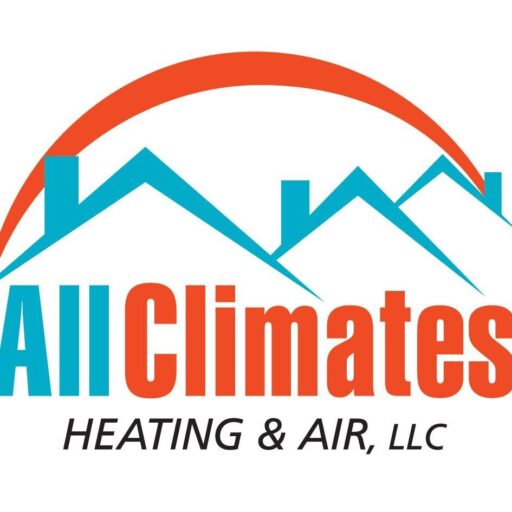When building a new home, one of the most important decisions you’ll have to make is choosing the right HVAC system. The HVAC system not only impacts the comfort of your home but also plays a significant role in your energy efficiency and indoor air quality. With so many options available in the market today, it can be overwhelming to select the best system for your new home. In this comprehensive guide, we will break down the key factors to consider when choosing an HVAC system for your new home.
1. Size of the Home: The size of your new home is a crucial factor when determining the right HVAC system. An HVAC system that is too small may struggle to heat or cool your home efficiently, while an oversized system can lead to energy wastage and uneven temperature distribution. Make sure to have a professional contractor perform a load calculation to determine the appropriate size for your home.
2. Energy Efficiency: Opting for an energy-efficient HVAC system can help you save on your energy bills in the long run. Look for systems with high SEER (Seasonal Energy Efficiency Ratio) ratings for air conditioners and AFUE (Annual Fuel Utilization Efficiency) ratings for furnaces. Energy-efficient systems not only save you money but also have a lower environmental impact.
3. Type of System: There are several types of HVAC systems to choose from, including central air conditioning, heat pumps, ductless mini-split systems, and geothermal systems. Consider your climate, budget, and personal preferences when selecting the type of system that best suits your needs. For example, heat pumps are a great option for moderate climates, while geothermal systems are more suitable for homeowners looking for a sustainable heating and cooling solution.
4. Indoor Air Quality: Indoor air quality is essential for the health and comfort of your family. Consider adding features such as air purifiers, humidifiers, and dehumidifiers to your HVAC system to improve the air quality in your home. Look for systems with advanced filtration options to remove allergens, dust, and other pollutants from the air.
5. Zoning and Smart Thermostats: Zoning systems allow you to control the temperature in different areas of your home independently. This can help you save energy by only heating or cooling the rooms that are in use. Smart thermostats also offer advanced features such as remote access, scheduling, and energy usage tracking, giving you more control over your HVAC system and optimizing its performance.
Choosing the right HVAC system for your new home is a significant decision that requires careful consideration. By taking into account factors such as the size of your home, energy efficiency, type of system, indoor air quality, and additional features like zoning and smart thermostats, you can ensure that your HVAC system meets your needs and provides optimal comfort for years to come. Be sure to consult with a professional HVAC contractor to help you navigate the options and make an informed decision for your new home.

